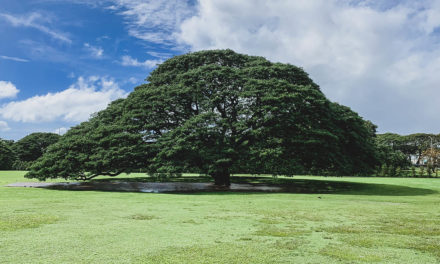As an ardent admirer of the law and its champions, I am thrilled to delve into the remarkable life and accomplishments of Justice Anthony Kennedy, a Sacramento native who has left an indelible mark on American jurisprudence.
Grab your gavel and join me as we explore the life and legacy of this influential legal figure!
Hometown Hero: Kennedy’s Sacramento Roots
Born in Sacramento, California, on July 23, 1936, Anthony McLeod Kennedy was destined for great things. His father, Anthony J. Kennedy, was an attorney, and his mother, Gladys McLeod, was involved in civic affairs. Kennedy’s early years were steeped in the law, politics, and public service, laying the groundwork for his future legal career.
After completing his undergraduate degree at Stanford University and the London School of Economics, Kennedy attended Harvard Law School and then graduated cum laude in 1961.
The Path to the Supreme Court: Kennedy’s Legal Journey
Kennedy’s legal career began in private practice in San Francisco and Sacramento. In 1965, he joined the faculty at the McGeorge School of Law, where he would teach for over two decades.
In 1975, President Gerald Ford granted Kennedy an appointment to the US Court of Appeals for the 9th Circuit. During his 12 years in the appellate court, Kennedy earned a reputation for his thorough, balanced approach to the law.
On February 18, 1988, President Ronald Reagan nominated Kennedy to the United States Supreme Court. The Senate unanimously confirmed him, and he assumed office on February 18, 1988.
A Legacy of Influence: Kennedy’s Impact on the Supreme Court
Throughout his tenure on the Supreme Court, Justice Kennedy emerged as a critical and influential voice in shaping American law. Often regarded as the “swing vote,” he was pivotal in numerous landmark decisions.
Some of his most notable contributions include:
- Championing Individual Rights: Kennedy’s opinions frequently emphasized the protection of individual liberties, as seen in cases such as Lawrence v. Texas (2003) and Obergefell v. Hodges (2015).
- Defending Free Speech: Kennedy’s commitment to the First Amendment shone through in cases like Citizens United v. Federal Election Commission (2010), where he authored the majority opinion.
- Balancing Federalism: Justice Kennedy’s approach to federalism and states’ rights displayed a nuanced understanding of the delicate balance between state and federal power, as demonstrated in his opinions on cases such as United States v. Lopez (1995) and Printz v. United States (1997).
A Well-Deserved Retirement: Kennedy’s Departure and Legacy
After 30 years on the Supreme Court, Justice Kennedy announced his retirement on June 27, 2018. His departure marked the end of an era, leaving an influential legacy that will continue to shape American jurisprudence for years.
As we reflect on the life and accomplishments of Justice Anthony Kennedy, let’s ponder these thought-provoking questions:
- How has Justice Kennedy’s approach to the law and individual rights shaped your understanding of the American legal system?
- What lessons can we learn from his balanced, principled approach to interpreting the Constitution?
- How can we honor and preserve the legacy of legal luminaries like Justice Kennedy for future generations?
By contemplating these questions and celebrating Justice Kennedy’s remarkable career, we pay tribute to his contributions to the law and his enduring impact on our nation’s highest court.
Here’s to Sacramento’s legal luminary—may your wisdom and legacy inspire future generations of legal minds!





